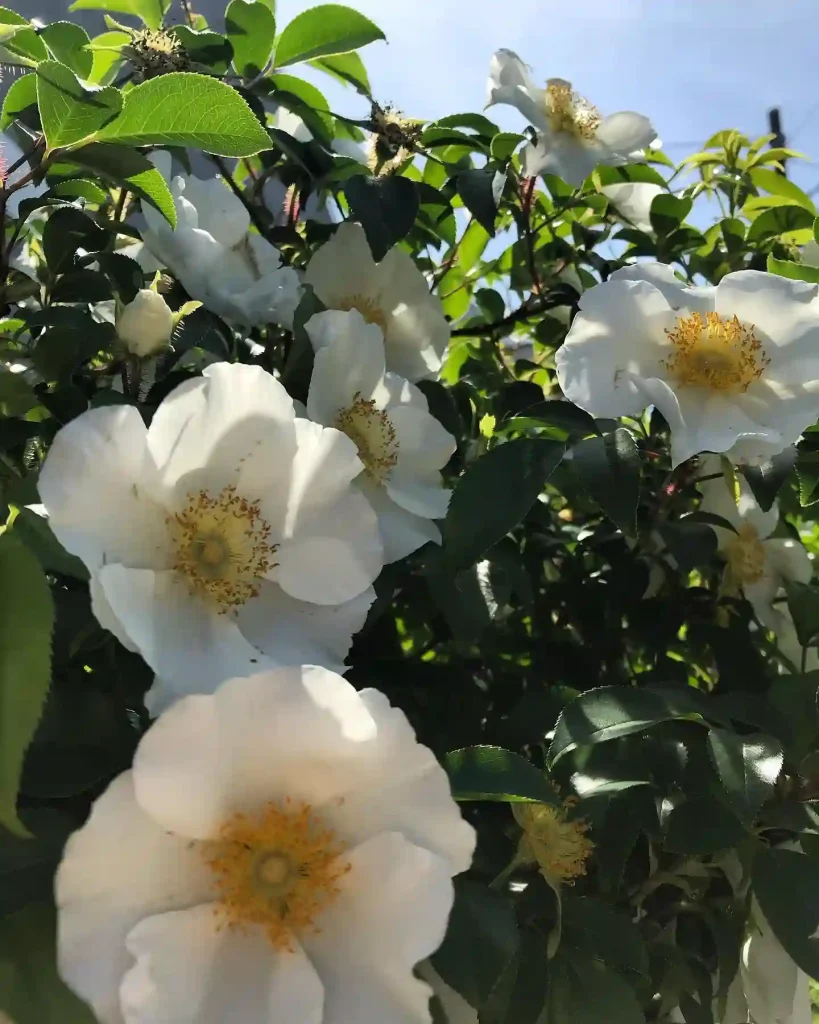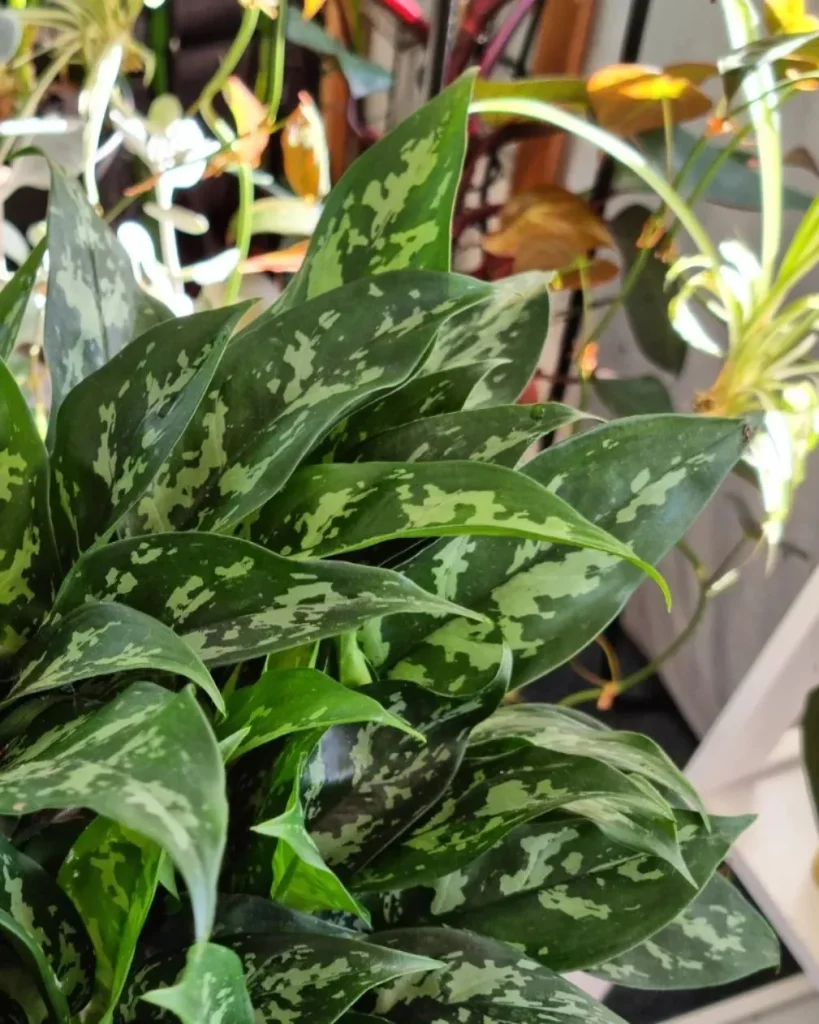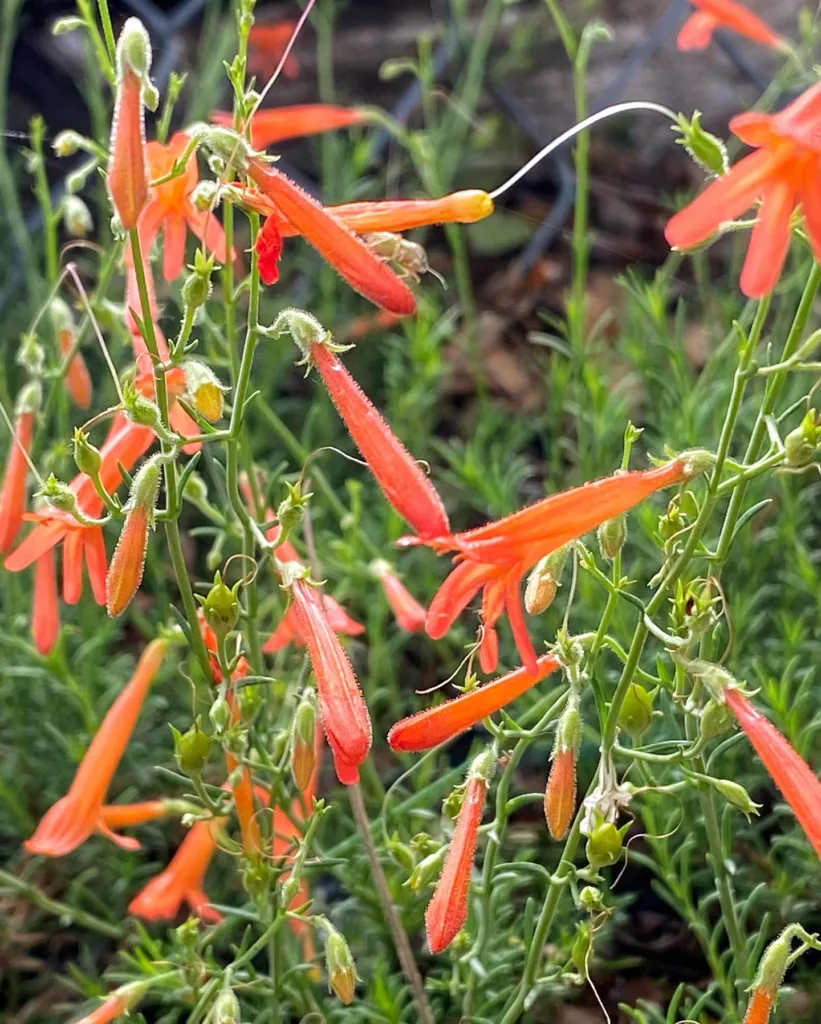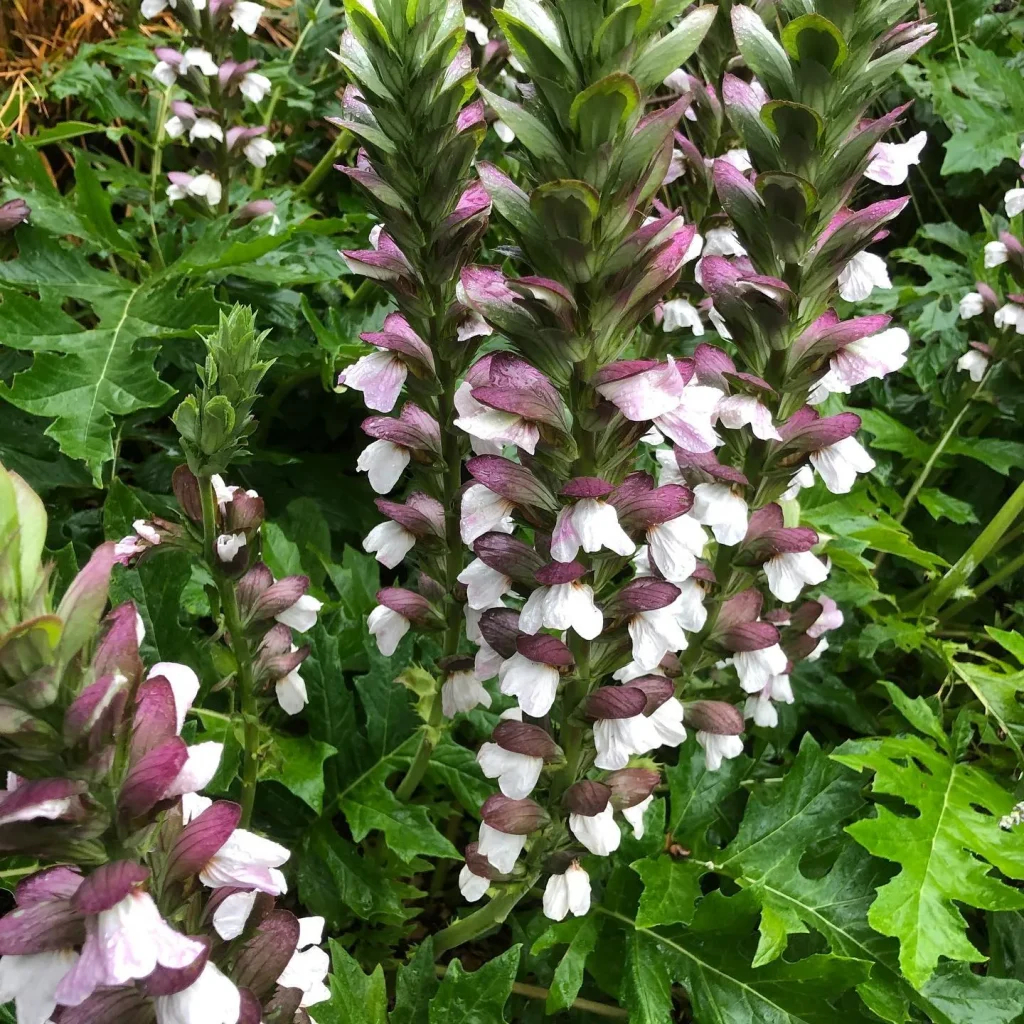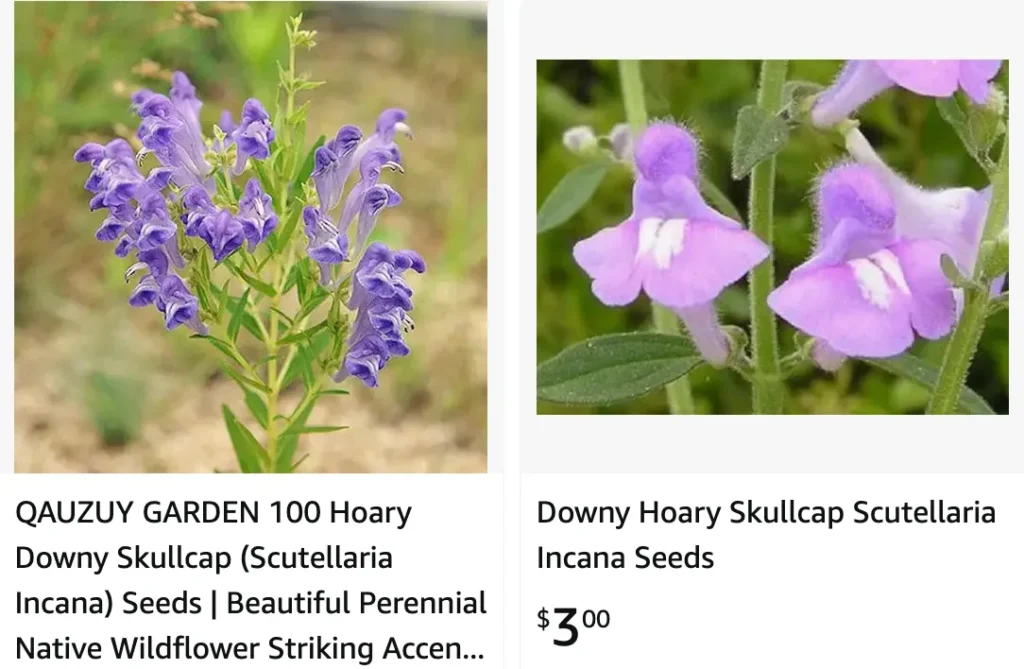
Downy Skullcap: A Gardener’s Guide to Scutellaria Incana
Hi there, Ferb Vu here. As a plant enthusiast, I’ve come across some truly remarkable species. Today, we’re diving into the world of Scutellaria Incana, also known as the Downy Skullcap. This little gem is a perennial wildflower with a surprising amount to offer.
Whether you’re a seasoned gardener or just starting your botanical journey, this FAQ will equip you with everything you need to know about Scutellaria Incana.
481 Species in Genus Scutellaria
What is Scutellaria Incana?
Scutellaria Incana is a flowering plant belonging to the mint family (Lamiaceae). It’s a native of North America, primarily gracing the eastern United States and parts of the Midwest.
What Does Downy Skullcap Look Like?
Imagine a bushy perennial with erect, square stems. These stems are adorned with soft, white hairs, earning the plant its nickname “Downy Skullcap.” The leaves are toothed and ovate, boasting a grayish-green hue. But the real showstopper comes in late spring when the plant explodes with open racemes of tubular, two-lipped blue-violet flowers.
Scutellaria Incana vs Serrata
When comparing Scutellaria incana and Serrata, I found that Scutellaria incana’s vibrant blue flowers and easy maintenance make it a standout in my garden, while Scutellaria serrata, with its delicate, serrated leaves, adds a unique texture but requires a bit more attention to thrive.
Where Does Downy Skullcap Grow Best?
The beauty of Scutellaria Incana lies in its adaptability. It thrives in various conditions, making it a welcome addition to most gardens. Here’s what it prefers:
- Light: Downy Skullcap tolerates both full sun and partial shade.
- Soil: This easy-going plant isn’ t fussy about soil. It can handle anything from poor, infertile soil to rocky or gravelly terrain. Just ensure good drainage to avoid root rot.
- Moisture: While it tolerates drought, occasional watering during extended dry spells keeps it happy.
How Do I Care for Downy Skullcap?
Scutellaria Incana is a low-maintenance plant. Here are some basic care tips:
- Watering: Water regularly, especially during the first growing season. As the plant matures, it becomes more drought tolerant.
- Fertilization: While not essential, a light application of balanced fertilizer in early spring can promote healthy growth.
- Pruning: To encourage bushier growth and extend the bloom period, consider pinching off spent flowers.
Is Downy Skullcap Easy to Grow?
Absolutely! Scutellaria Incana is a gardener’s dream. It’s hardy (USDA zones 4-9), undemanding, and tolerates various conditions. Plus, it rewards you with beautiful blooms throughout the summer.
How Can I Propagate Downy Skullcap?
There are two main ways to propagate Scutellaria Incana:
- Division: In spring or fall, carefully divide established clumps and replant them elsewhere in your garden.
- Seeds: Sow seeds indoors in early spring and transplant them outdoors once the danger of frost has passed.
Can I Use Downy Skullcap as a Companion Plant?
Scutellaria Incana’s attractive blooms and low-maintenance nature make it a fantastic companion plant for various species. Here are some good choices:
- Coneflowers (Echinacea purpurea)
- Black-eyed Susan (Rudbeckia fulgida)
- Goldenrods (Solidago spp.)
- Grasses (ornamental)
What are the Differences Between Downy Skullcap and Other Skullcap Varieties?
Several Scutellaria species exist, each with slight variations. Here’s a quick comparison with two common ones:
- Scutellaria lateriflora (Blue Skullcap): This variety boasts larger blue flowers and prefers consistently moist soil compared to Downy Skullcap’s tolerance for drier conditions.
- Scutellaria wrightii (Texas Skullcap): This heat-loving variety thrives in hot, dry climates and features vibrant blue flowers with yellow markings on the lower lip.
Where Can I Buy Downy Skullcap?
Many online nurseries and local garden centers offer Scutellaria Incana. Look for healthy plants with vibrant foliage and no signs of pests or diseases.
In Conclusion
Scutellaria Incana is a charming and versatile wildflower that brings beauty and adaptability to any garden. Its easy-going nature and low maintenance requirements make it a perfect choice for both experienced and beginner gardeners. So, why not add a touch of Downy Skullcap magic to your garden today?
If i die, water my plants!
